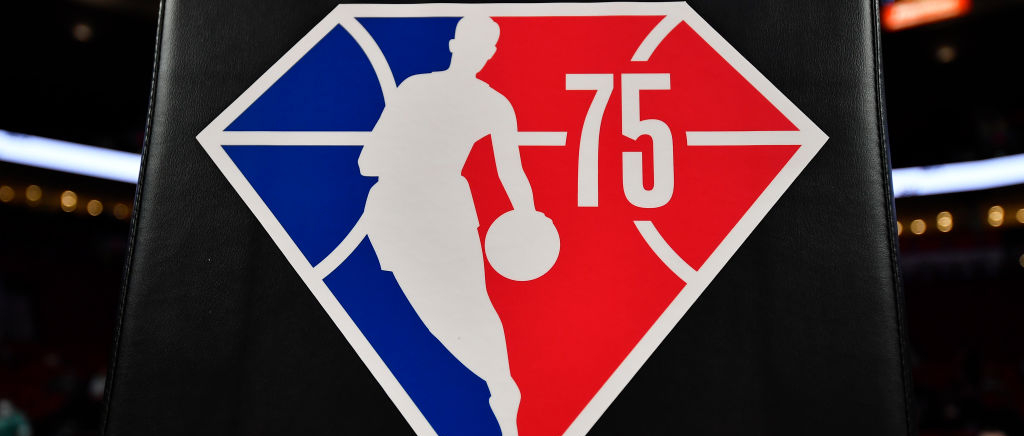In the past decade-plus, as streaming services and cord-cutting have become more prominent, sports fans have been pulled in a dozen different directions as they try to watch their favorite teams. Leagues have splintered television rights between various national TV networks, local broadcasters, and streaming services, forcing fans to decide what’s worth paying for and what isn’t to watch their favorite teams.
MLB has a new deal with Apple for exclusive Friday Night games on Apple TV+, and fans who purchase MLB TV subscriptions face tons of local blackout restrictions whenever they try to watch games. NFL fans must have DirecTV if they want to watch every game on the satellite exclusive NFL Sunday Ticket package, and Thursday Night Football is now exclusively headed to Amazon Prime starting this season. NBA games face similar blackout restrictions to baseball, with League Pass subscriptions and NBA TV broadcasts still blacking out viewers from games in their “local area” which, like MLB TV, can include teams that are four-plus hours away.
The fracturing of rights has led to fan frustrations over being priced out or even outright being unable to watch your favorite team, and leagues have insisted there’s nothing they can do because of the local TV contracts. That is until Tuesday, when Major League Soccer laid the blueprint for how to create a streaming service with a partner that has full rights to every game with no local blackout restrictions, no matter what market fans live in, with their new deal with Apple.
The 10-year, $2.5 billion price tag drew much of the attention initially, but fans quickly gravitated to the no blackout news, as it was a breath of fresh air to know that they could simply pay for a service and have access to every game. Fans have proven, over and over, they’re willing to pay to watch their favorite teams, but there are limits to what they’ll deal with in terms of blackouts and restrictions to do so. MLS showed that if you start with that, there’s a lot of money to be made (2.5 times their current national TV deal) in selling full broadcast rights, enough to surely make up any lost money from ridding local broadcasters of exclusive rights in their market.
For the NBA, which is the next league to have its national TV contract expiring after the 2024-25 season, the new MLS deal hopefully provides a backbone for a new and improved League Pass deal that gets rid of local blackouts. Adam Silver has said the RSN bundle is “broken” and is chasing fans away, but those local broadcasts are vital to each team’s revenue. However, if you were to put a League Pass offering up for bidding between ESPN (which could just tie it into their ESPN+ service) and Turner, surely the league could recoup most, if not all, of any lost money for teams that would need to renegotiate local contracts with the various RSNs to get rid of exclusive market rights.
It is an outdated system that only serves to drive fans away, and if teams were to get their cut of a broader League Pass rights deal, on top of what figures to already be a massive national TV contract with the league, then the league can, like MLS, work backwards to fill in the gaps from there. Fans will pay for League Pass, they’ve proven that, and if the product improved with more investment to make it not be incredibly frustrating to use and it had no blackout restrictions for local teams and the games from at least one of the national networks (I’d venture a guess ESPN would be more willing to pony up for it, but Apple or Amazon might also get in on the act), they’d surely pay even more for it.
That’s not to say that it’ll be easy and wouldn’t require a lot of lawyers looking at contracts and fighting with the RSNs, who would likely demand to renegotiate local deals for less money, but it’s now been proven that it can be done and that’s meaningful. Fans have long resigned themselves to a fate of jumping through various hoops and paying for a variety of services to watch games, but the MLS package provides at least some hope that consolidation could be coming. The NBA will be the first of the major sports leagues with the chance to figure out how to follow suit, and could make a lot of people happy by doing so.







